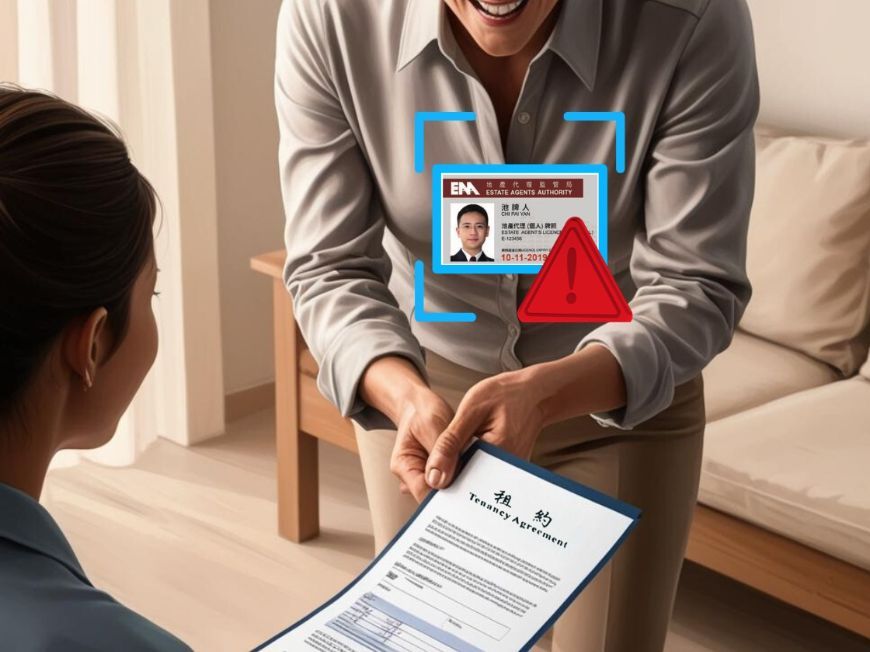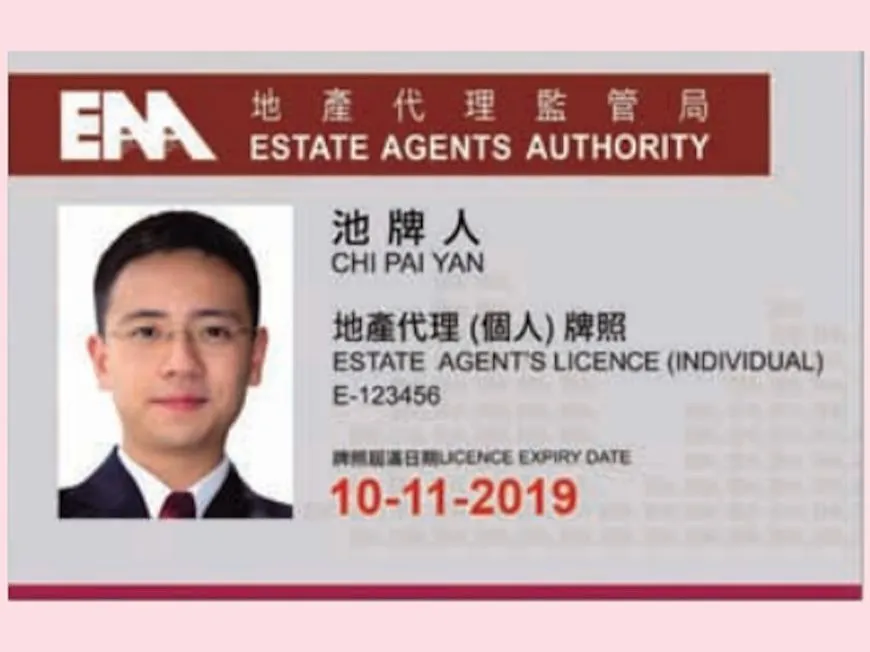Rental Scams on the Rise! 4 Tips to Avoid the Traps
Recently, a case involving "Mei Cheng Apartments Ltd." surfaced, revealing that the company allegedly used the social platform "Xiaohongshu" to scam renters. Tenants were asked to pay deposits or full-year rents without viewing the property in person, after which the company disappeared, with total losses estimated at HKD 1.5 million. Additionally, a former real estate agent reportedly posed as a “secondary landlord,” bypassing legitimate agencies to sign fake leases and pocket rent payments. Rental scams are increasingly common, and tenants are advised to take the following precautions:

Verify Agent Credentials
When dealing with agents, confirm they hold a valid real estate license. This can be checked through the Estate Agents Authority website.

(Image / Sourced from the Estate Agents Authority website - Tenancy Guide for Non-Local Students in Hong Kong)
Inspect Properties in Person
Avoid relying solely on online information; insist on visiting the property yourself to confirm its condition and rental terms. If without an agent, consider verification through friends or reputable online platforms.
Confirm Landlord Identity and Property Information
Before making any payments, ensure the landlord’s identity and property ownership are verified. As the Inland Revenue Department does not verify the authenticity of leases, scammers can exploit this by using fake lease agreements. Check ownership and any disputes through the Land Registry.
Special Attention for Mortgaged and Regulated Properties
For mortgaged properties, landlords need lender approval to rent; renting without permission may risk eviction. Public and subsidized housing units are subject to strict rental regulations and must comply with government requirements.

(Image / Sourced from the Estate Agents Authority website)



